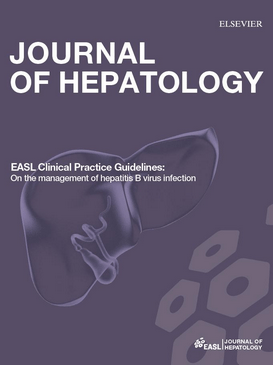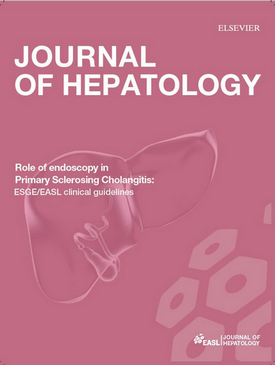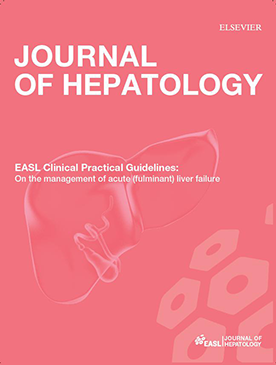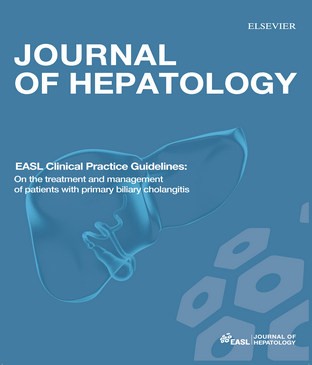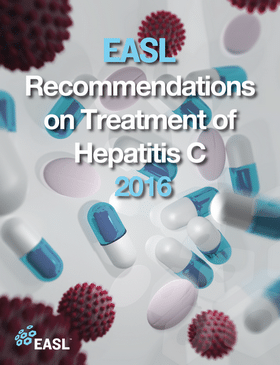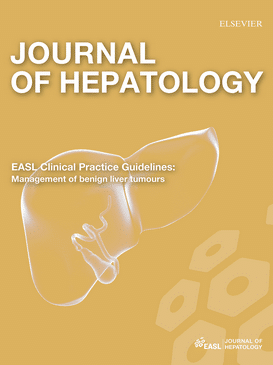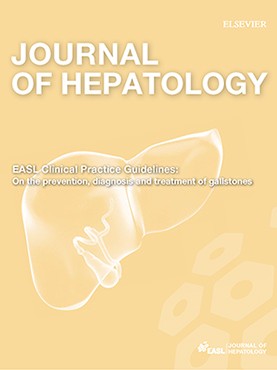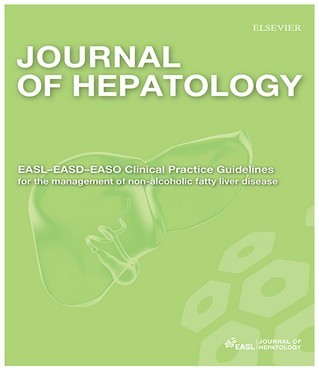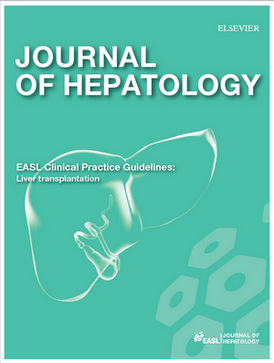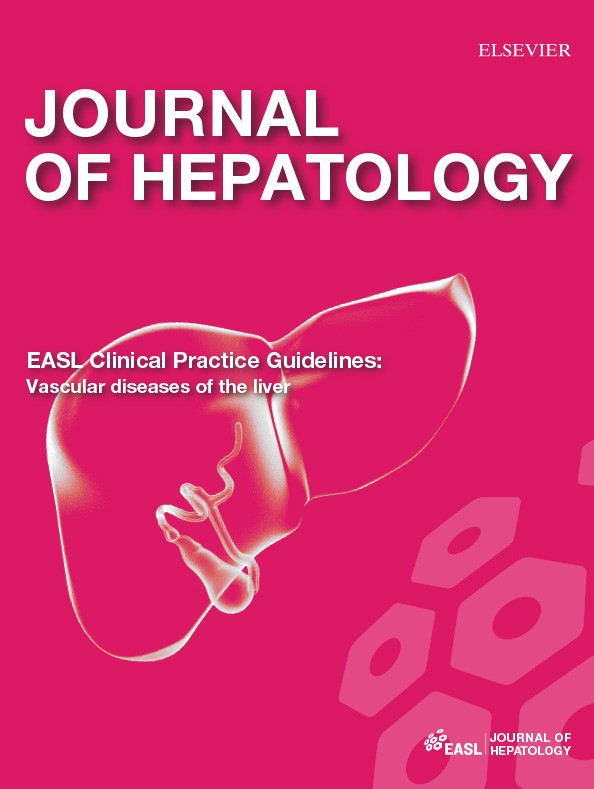Hepatitis B EASL Guidelines
EASL Guideline on Hepatitis B. Hepatitis B virus (HBV) infection remains a global public health problem with changing epidemiology due to several factors including vaccination policies and migration. This EASL Clinical Practice Guideline presents updated recommendations for the optimal management of HBV infection. Chronic HBV infection can be classified into five phases: (I) HBeAg-positive chronic infection, (II) HBeAg-positive chronic hepatitis, (III) HBeAg-negative chronic infection, (IV) HBeAg-negative chronic hepatitis and (V) HBsAg-negative phase.

